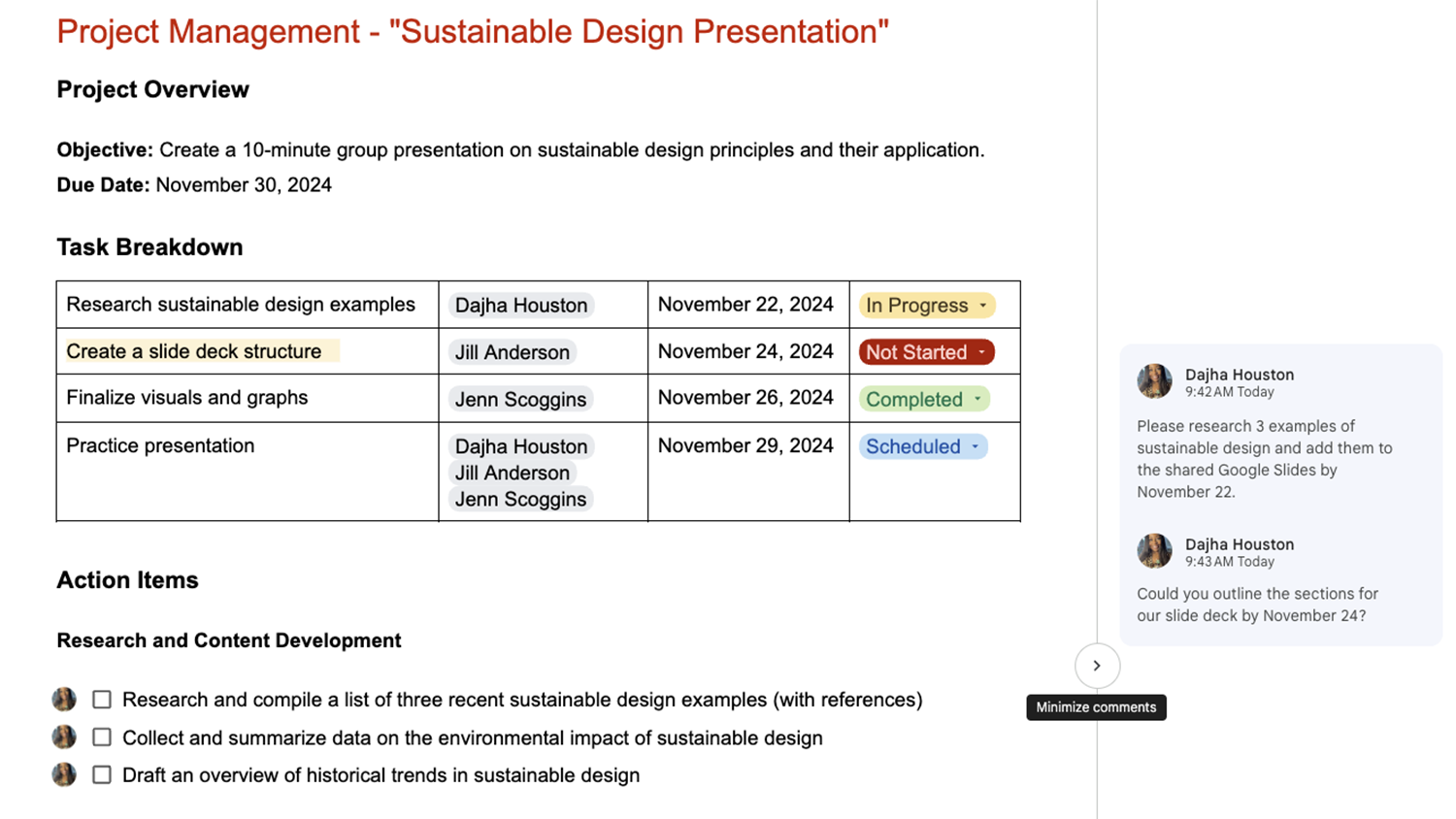Educause Mid-Atlantic Regional Conference Reflections: January 16–18, 2013
By Dr. Donna Petherbridge & David Howard
From January 16 – 18, 2013, we attended the Educause Mid-Atlantic Regional Conference in Baltimore, Maryland. The overall theme for this conference was “People, Process & Technology: IT Matters.”
We came to the conference both to learn and to share. We presented a session entitled “People Matter: Engaging, Retaining and Developing Great People in Not So Great Times” (our PowerPoint presentation is linked from the session). During this presentation, we discussed what we feel are the three most important things that IT Managers can do for their organization; that is, view and treat people as people (work is not their life!), ensure that individuals have opportunities to lead and grow professionally, and make sure that management walks the talk (managers must be collaborative, communicative and transparent if they expect employees to do the same!).
There were definitely some great takeaways from this conference, including the following that we would like to share:
(1) Prior to Malcolm Brown’s session “Working Successfully with Emerging Technologies and Innovations,” the audience was asked to watch a 30 minute video by Alex Castellarnau of IDEO called “How to Think about Disruptive Innovation,” and the session facilitator then used the session to discuss key takeaways. An important segment for us was validating the need for constant innovation in the organization, experimenting, and knowing sometimes that you will fail. We discussed the importance of ensuring your core business gets done, and putting about 70% of your resources into doing that, while using your other resources for evolutionary (new services OR new audiences) or revolutionary (new services AND new audiences) changes. A web resource takeaway from this session included the article “Managing Your Innovation Portfolio” (Harvard Business Review) which is worth a read!
(2) Look at this innovation and technology rubric and reading list – great stuff here!: https://docs.google.com/document/d/1YNwKnygMnhOS1ZG6RUVALsPBX90GTTG6ANRJMSTMVbI/edit
(3) In Jennifer Lerner’s session, “Strategies for Managing Staff in a Rapidly Changing Environment,” we liked the concrete suggestions surrounding having an orientation checklist for all new employees (not related to the HR processes, but related to all the technology and group roles/responsibilities that a new person should know about as part of joining the team), and we also liked the ideas for randomized brown bag lunches (where you have lunch with different groupings of folks on occasion) and the kudos board (where you provide public, very specific feedback about what each person is doing well).
(4) A lecture capture session from the academic technology staff at Georgetown University was also interesting in that they are trying to take their lectures and edit/pull out small learning segments that are perhaps 7 – 15 minutes long, and put these segments in small learning modules. The takeaways were twofold; (1) this is a resource intensive effort, and (2), this is yet another presentation that emphasizes the value of small chunks of content rather than long lectures.
(5) A session called “Using Self Managing Teams to Improve Efficiency: JHU Case Study” noted the value of cross-team work as a way to manage the organization’s work, complete with team captains. Interesting ideas – see her PowerPoint slides online for how this is organized. And the teams report to a management team rather than one manager (the managers divide the administrative tasks such as approving leave, but share management of all staff).
(6) MOOCs – okay, yes, we are all a bit tired of hearing that word, and we aren’t the only university wondering (a) what to do; (b) how to do it; (c) when to do it; and (d) why we are even thinking about doing it [David’s new take on MOOQS – Many Overarching Open-ended Questions (with no answers)].
(7) A session called “We’ve got Style: Style Guide for the Web“ discussed the creation of a style guide for all courses in the Pitt Online program. Their guide covers things from the use of the PittOnline wordmark to the recommended structure of learning modules to naming conventions for files. They talked about their process for creating the style guide (create a small team, agree on a decision process, agree to be flexible and to compromise, always have a tie-breaker person, look at other guides, build a good outline, fill in the details) and how they use it. Their style guide is available online.
(8) A session reviewing some of the past year’s findings by the Educause Center for Applied Research (ECAR) reminded us of all the great things that they do. The presentation (downloadable from the link above) has some good highlights and links into the ECAR Library. The larger takeaway, though, was that many of their reports, info-graphics, etc are available from the Educause website and NC State is a member of ECAR, so we can get access to any of this information!
Here are some highlighted resources:
- Research publications, including infographics and surveys, are available at http://www.educause.edu/ecar/research-publications.
- Gartner, Inc., an independent research and advisory company, makes some of their reports available to ECAR subscribers and also has a set of complimentary webinars. See these offerings at http://www.educause.edu/research-and-publications/research/gartner-research-educause-members-and-ecar-subscribers.
- ECAR’s Core Data Service provides two-page almanacs of some key findings for different types of institutions at http://www.educause.edu/research-and-publications/research/core-data-service.
Overall takeaway: a good conference where it’s easy to meet other academic technology and teaching and learning with technology support administrators and staff.
- Categories:


